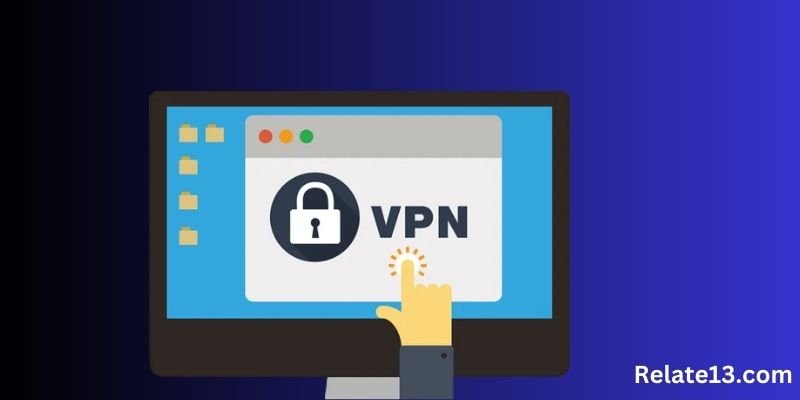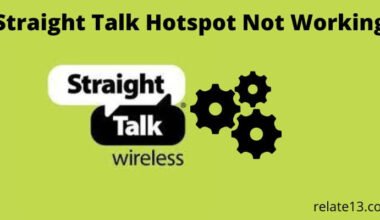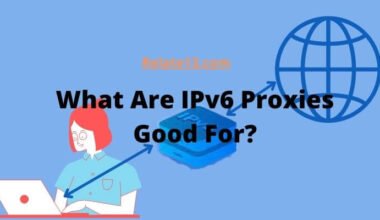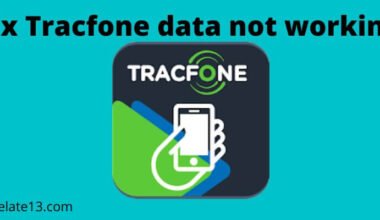A VPN basically stands for a virtual private network. This service helps you to stay private online. A VPN usually establishes a secure and encrypted connection between your computer and the internet.
It provides a private tunnel for your data and communication while you use any public network. it has now become a necessity at the basic level it provides your privacy online so that you cannot be targeted.
What do you mean by VPN hide?
It works like an operating system. It works according to the online traffic and along with your physical location. And it always stays hidden when you surf the web. The source of connection is shown as many routers and it’s called a proxy server.
Like, if anyone else tries to spy on you they cannot find who you are. A personal VPN offers you the best balance of comprehensive security and speed. You can do whatever you want to do.
If you want to stay safe on public Wi-Fi or protect your online banking information.+-
How do VPNs work?
It was developed by Microsoft company in 1996 as a way for remote employees to get access to the company’s internal network.
The corporate VPN allows remote work and is now set as a standard feature of the Global Business landscape. After that, the developers realize that the secure tunnel can be utilized by every average person who wants to secure a connection to the largest network on the planet.
What does a VPN do?
It is usually used to secure the private network. Firstly It routes traffic through its Services. Once the data starts transmission to the internet, it will register your VPN, not your personal device’s IP.
If you don’t use It, the IP address of your device will be visible on the web. Its adds encryption or a tunnel around your identity. The combination of its server and a tunnel blocks everyone who is spying on you.
How does an encryption tunnel work?
Encryption is a method that simply changes your normal text into unreadable jumble code. When you use a VPN service, your device, and its provider contain a key called a decryption key.
Basically, there are three main types of encryption: hashing, symmetric cryptography, and asymmetric cryptography.
What are the different types of VPNs?
Basically, there are two different types of VPNs:
The first one is remote access which allows the user to connect to another network.
The second one is a side-to-side VPN and also it can be called a router-to-router VPN.
The second type is commonly used within the corporate environment and especially when any enterprise has headquarters in different locations.
There are several VPN protocols or many methods of security. Do you know about the oldest protocol? The oldest protocol is the PPTP tunneling protocol.
Why use VPN?
VPN is really important to secure your network. There are basically two main purposes for using a VPN. The first one is privacy and the second is access.
Using Wi-Fi at home allows you to hide from your internet service provider Government and advertisers so you can easily avoid censorship and price discrimination on media.
Advantages of VPN
Everything has a reason like when you are doing something you always find some advantages in that. As it is here are also Some advantages of using a VPN as follows:
- You can stream from anywhere without having any issues with your internet connection.
- You can access the blocked sites.
- Easily you can avoid censorship
- No need to worry about the price discrimination
- No one can track where you are and what you are doing.
Disadvantages of VPN
Every good thing has a bad side too. Everything has advantages and disadvantages. So some disadvantages of using a VPN are as follows:
- The network speed can be very slow.
- Qos challenges.
- Block from VPN.
- There is no cookie protection
- You will not get any kind of privacy.
Can I use a VPN on any device?
Any device that can connect to the Internet will easily get benefit from the privacy VPN provides. With the use of one account, you can cover up to 5 devices like PC Mac Android, and even iOS.
If you are using a smart TV, it can also run by using it. You can easily connect your computer apps and phones individually to a VPN. It’s quite easy to set up it.
What to look for when choosing a VPN?
When you are choosing it for yourself then there are some checks that you need to keep in your mind. Sometimes there are many that are free with VPN it also includes:
- Poor security
- Few servers
- Annoying online at that generates revenue on the free VPN app.
- You have a limit on unloading anything and even on uploading.
There are also many good offers If you are using paid services as it allows you some days of free trial so that you can pay after you like the services.
There are some factors that you have to keep in your mind when you are selecting a perfect app.
- Speed It is important that the speed of your VPN is sufficient so that you don’t have to any kind of struggle when you are streaming or downloading.
- Reputation is also so important if you are thinking that your VPN should perform the best as in a customer review and a professional review.
- Try to choose a VPN that offers you shared IPs. So that you will get what you want.
- Choose the servers that come with a good performance so that they will be faster and more reliable for you.
You may also like:
- Portable Internet Anywhere
- How To Cancel AT&T Internet Service
- Why Is Internet Safety Important for Kids?
Summary of the article
I hope you understand what VPN is and how it works. If you are having any queries regarding this article you can simply ask them in the comment section so that I can solve your queries as soon as possible.
FAQs
Q-1 Is it legal to use VPN in India?
VPNs are perfectly legal to use in India, although the government has made user data collection mandatory. For optimal security and safety, use a VPN with obfuscated servers, a strict no-logs policy, a kill switch and leak protection.
Q-2 Why India removed VPN?
ExpressVPN CEO Harold Li said at the time the company withdrew that: “With the recent data law introduced in India requiring all VPN providers to store user information for at least five years, ExpressVPN made the straightforward decision to remove our Indian-based VPN servers.
Q-3 Why new VPN rules in India?
This, as per the government, has been done to fight cybercrime and in the interest of national security. With the new rules, VPN users in India may face strict know-your-customer (KYC) verification process when signing up for a VPN service. This may include stating their reasons for using it.






